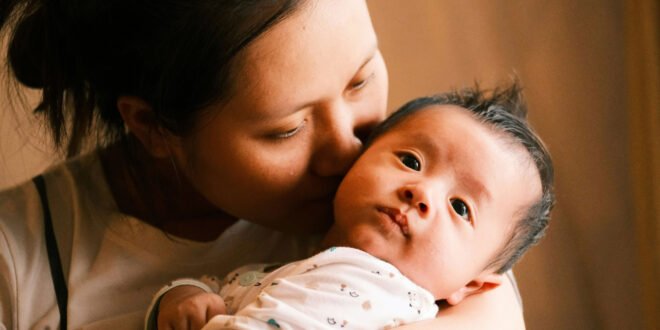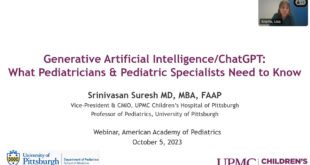A New Era for Reproductive Rights in Vietnam
Starting from October 1, Vietnam has taken a significant step forward in reproductive rights by allowing single women to freeze their eggs and undergo in vitro fertilization (IVF) without requiring a medical reason. This landmark decision marks a shift in the country’s approach to fertility treatments, emphasizing personal choice over medical necessity.
The new policy, outlined in an updated decree, eliminates the previous requirement that necessitated a specialist’s approval for such procedures. Now, single women can make decisions about their reproductive futures based on their own desires and circumstances. Officials have noted that many women today choose not to marry but still wish to become mothers, which underpins the rationale behind this change.
Under the revised guidelines, single women are also permitted to receive donated embryos if they are unable to use their own eggs. This expansion of options reflects a growing recognition of the diverse paths individuals may take to build families. Nguyen Viet Tien, former Deputy Minister of Health, highlighted this shift during a statement on July 30, noting that the legal update aligns with modern realities.
While the legal framework is relatively new, single women in Vietnam have been quietly accessing IVF for years. Many have opted for treatments using their own eggs fertilized with anonymous donor sperm from licensed banks, ensuring donor identities remain confidential. This practice has been ongoing despite the lack of formal legal support, indicating a long-standing demand for these services.
Egg freezing, once a rare procedure primarily used by married couples facing infertility, has seen a surge in popularity among single women. At the reproductive center of Hanoi Medical University Hospital, the number of annual cases has risen from 30–50 five years ago to approximately 100 today, with most patients being single women. One hospital in Hanoi has frozen eggs for around 350 women, with 5–7 new cases each month.
This process allows women to preserve their fertility for years, providing them with the option to thaw, fertilize, and implant the eggs at a later date. This flexibility enables healthy pregnancies even beyond the typical peak reproductive age, offering greater control over family planning.
Since Vietnam’s first IVF birth in 1998, more than 150,000 babies have been born through IVF, along with over 400 through altruistic surrogacy. Today, more than 50 fertility centers across the country provide advanced technology, with IVF success rates reaching up to 70%, according to the Ministry of Health.
Implications and Future Outlook
The new policy represents a progressive move toward recognizing individual autonomy in reproductive choices. It not only empowers women but also signals a broader societal shift in attitudes toward family structures and motherhood. As more women explore these options, it is likely that the demand for fertility services will continue to grow.
Healthcare providers are adapting to meet this rising demand, investing in better facilities and training for specialized care. The increased availability of IVF and egg freezing services could also lead to more research and innovation in the field, further improving outcomes for patients.
Moreover, the policy opens up discussions about other related issues, such as the legal status of children born through IVF or surrogacy, and the rights of single parents. These conversations are essential for ensuring that the legal and social frameworks keep pace with advancements in reproductive technology.
As Vietnam continues to evolve, the new regulations reflect a commitment to supporting diverse family models and empowering individuals to make informed decisions about their reproductive health. This development is not just a legal change, but a cultural milestone that could influence future policies and societal norms.
 Info Malang Raya Its All About World News
Info Malang Raya Its All About World News




